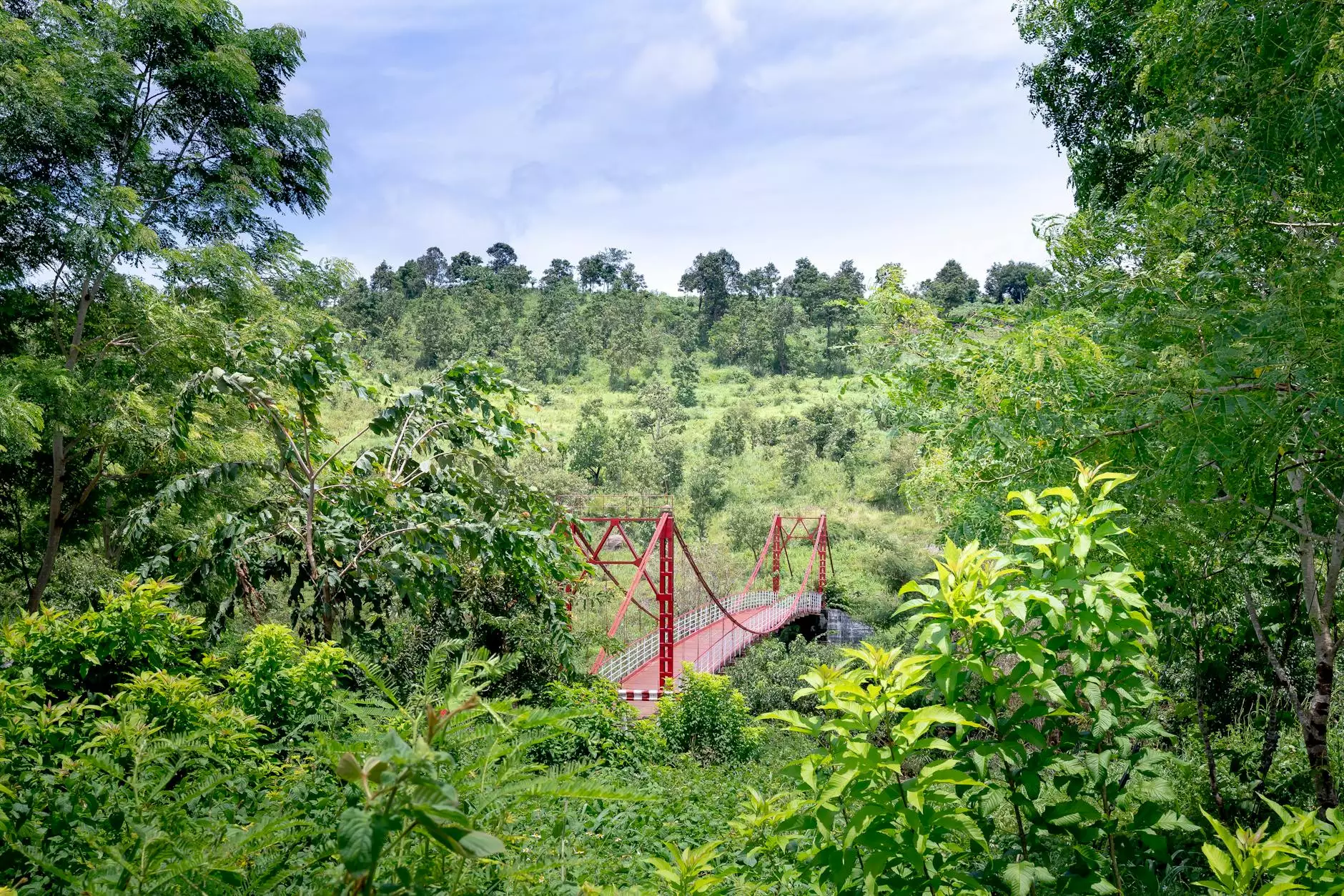Ultimate Guide to Jeep Suspension: Optimize Your Off-Road Experience

Your Jeep is not just a vehicle; it is an adventure machine, a haven for thrill-seekers who desire the *freedom* to explore off the beaten path. One essential component that directly influences your Jeep's capability to conquer diverse terrains is its suspension system. Understanding the intricacies of JEEP SUSPENSION is crucial for maximizing performance and comfort, especially when tackling challenging landscapes.
The Importance of a Quality Suspension System
A well-engineered suspension system enhances your Jeep's off-road capabilities while improving overall driving comfort. The primary functions of a suspension system include:
- Providing Stability: Ensures that your Jeep maintains contact with the ground, allowing for better traction.
- Absorbing Shocks: Mitigates the impact of bumps, potholes, and rough surfaces, protecting both the vehicle and its passengers.
- Improving Handling: Enhances cornering stability and improves steering response.
- Adjusting Ride Height: Influences your vehicle’s clearance and ability to navigate obstacles.
Types of Jeep Suspension Systems
Jeep enthusiasts often debate about which type of suspension system best suits their needs. Here are the primary types of Jeep suspensions you should consider:
1. Leaf Spring Suspension
Leaf springs are a staple of Jeep suspension, primarily used in rear suspensions of older models and some current ones. They are affordable, relatively easy to maintain, and provide a sturdy base for heavy loads. Their key features include:
- Durability: Leaf springs are designed to withstand heavy loads, making them ideal for hauling and towing.
- Simplicity: An uncomplicated design that is easy to install and repair.
2. Coil Spring Suspension
Coil springs are gaining popularity for their superior ride quality. They are commonly found in the front suspension of most modern Jeep models. Their advantages include:
- Comfort: Coil springs provide a smoother ride by absorbing shocks more effectively.
- Flexibility: They allow for greater wheel articulation, crucial for off-roading scenarios.
3. Air Suspension
Air suspension systems are emerging as a luxurious alternative, offering the benefits of adjustable ride height and enhanced comfort. Key benefits are:
- Customization: You can easily adjust the ride height based on the terrain.
- Improved Comfort: Exceptional shock absorption delivers a smooth ride over rough surfaces.
How to Choose the Right Suspension for Your Jeep
Choosing the right suspension system for your Jeep requires careful consideration of several factors:
1. Intended Use
If you frequently navigate rocky trails, a suspension designed for off-road use, like heavy-duty coil springs or an adjustable air suspension, may be best. For daily driving or lighter use, a standard suspension might suffice.
2. Vehicle Model
Different Jeep models come with unique requirements. Always check compatibility before purchasing a suspension system to ensure it fits your model.
3. Budget
Your budget will greatly influence your choice. While premium suspension systems offer enhanced performance, there are budget-friendly options that still provide quality and efficiency.
Installation of Jeep Suspension Systems
Installing a Jeep suspension system can be a rewarding DIY project or something best left to professionals. Here’s a brief overview of the installation process:
Preparation
- Gather all necessary tools and parts.
- Ensure your Jeep is safely elevated on jack stands.
Removal of the Old Suspension
- Detach the wheels and tires.
- Unbolt the old suspension components carefully to prevent any damage.
Installation of the New Suspension
- Install new components beginning with the body mount.
- Carefully fit the new coil or leaf springs in place.
- Reattach the tires and double-check all bolts and fittings.
Maintaining Your Jeep Suspension
Regular maintenance can extend the life of your suspension system and keep your Jeep performing at its best. Here are some key maintenance tips:
- Regular Inspections: Periodically check for signs of wear or damage, particularly after any off-roading experiences.
- Replace Worn Components: Don’t ignore a squeaky or worn component; replace it before it affects other parts of your suspension.
- Keep It Clean: Remove mud and debris to prevent corrosion and ensure moving parts operate smoothly.
The Future of Jeep Suspension Systems
The landscape of Jeep modifications is continually evolving. As technology advances, we are seeing innovations in JEEP SUSPENSION systems, including:
- Smart Suspension Adjustments: Systems that adjust in real-time based on driving conditions.
- Lightweight Materials: Increased focus on reducing overall weight without sacrificing strength or durability.
- Enhanced Shock Absorption: New technologies are providing greater control over shock absorption to improve ride quality.
Conclusion
Understanding your Jeep's suspension system is critical to maximizing its performance in various driving conditions. Whether you prefer leaf springs, coil springs, or the latest in air suspension technology, your choice will significantly impact your off-road adventures. By keeping your suspension in top condition, you ensure that your Jeep remains adept at tackling challenges while providing comfort and stability for all passengers.
Explore more about high-quality suspension systems and parts at offroad-zone.com today, and take your Jeep experience to the next level!









